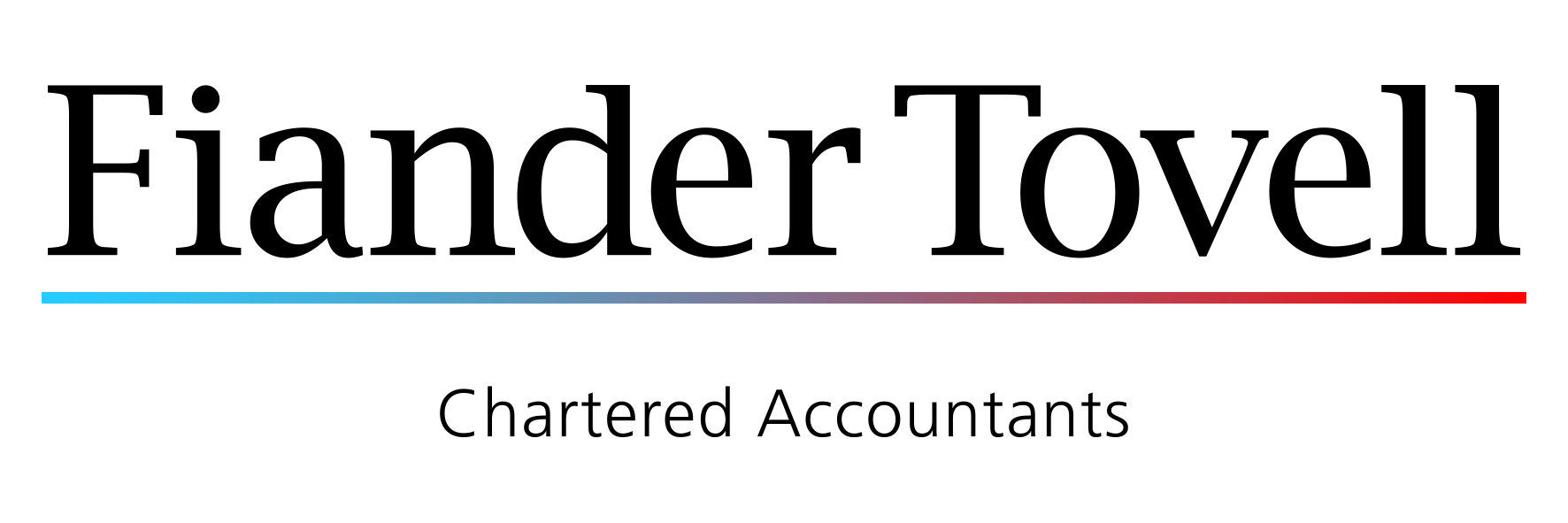
Accounting & Business Advisor Spotlight: Fabrice Legris
With more than 35 years of experience in practice, Fabrice Legris is a seasoned expert in the world of accounting and business advisory. As Commercial Client Director at Fiander Tovell, Fabrice brings a wealth of knowledge and a unique blend of industry and practice experience to his role, having spent significant time advising owner-managed businesses across various sectors.
“I trained with PWC in London, and for most of my career, I’ve been working closely with business owners, helping them with their accounting, tax affairs, and overall business strategy,” Fabrice explains. “But my time in industry, particularly in the tourism and aviation sectors as Finance Director for a large conglomerate, really helped me gain a deeper appreciation for the financial, operational, and strategic support that businesses need.”
A Passion for Business Management
Although Fabrice’s academic background is in Chemical Engineering, his passion for numbers and business management led him to pursue a career in accountancy. “I enjoyed the scientific aspect of engineering, but I soon realised that my real passion lay in finance and working with businesses. I wanted to use my skills to help companies grow and succeed,” Fabrice reflects. This drive has led him to work with clients from industries as diverse as healthcare, property investment, professional services, and marine.
The Value of Client Interaction
What Fabrice enjoys most about his work is the tangible difference he can make to his clients’ businesses. “I find it incredibly rewarding to provide guidance that adds value—whether that’s through tax savings, a strategic review, or support during a business sale or purchase. The variety keeps the work interesting, and seeing the positive impact on a business is always gratifying.”
A recent success story that stands out for Fabrice is helping a long-standing client navigate the due diligence process of selling their multi-million-pound business. “It was a complex process, but it was rewarding to see it through and to have the buyer retain me as their advisor because they appreciated my proactive approach.”
Staying Ahead in a Changing Landscape
Like many fields, business advisory and accounting are rapidly evolving, and Fabrice emphasises the importance of staying current. “There’s a growing need for automation and AI in our work, which is reshaping how we operate. While these advancements are crucial, I also see a risk in losing the personal touch, which I believe is still essential when working with clients,” Fabrice notes.
As the industry continues to change, Fabrice remains committed to professional development, staying updated through continuous learning and regular engagement with industry updates and journals. He believes that the future of his field will see increased reliance on technology, but that human interaction and personalised advice will remain crucial.
A Client-Centric Approach
Fabrice’s approach to client service is clear: he prioritises a deep, personal interest in his clients’ business affairs. “What sets my approach apart is my continuous focus on client service. In a world that’s becoming more impersonal, I am keen to make sure my clients get the attention and care they deserve,” he says. His goal is always to exceed client expectations, providing honest, high-quality work that addresses their specific needs, from compliance to growth strategies.
Personal Life and Achievements
Outside the office, Fabrice enjoys spending time with his family and engaging in a variety of sports, with a recent passion for golf. He regularly visits Mauritius, his country of birth, to stay connected with his roots and family.
One of Fabrice’s proudest moments in his career came at the age of 28 when he became a partner in the firm of accountants he worked for after qualifying. “It was a huge milestone for me and really solidified my passion for this career.”
With his breadth of experience and client-first approach, Fabrice Legris continues to be a trusted advisor, making a significant difference to businesses across multiple sectors. If you would like to contact Fabrice with any queries, please email fabricelegris@fiandertovell.co.uk for more information.




